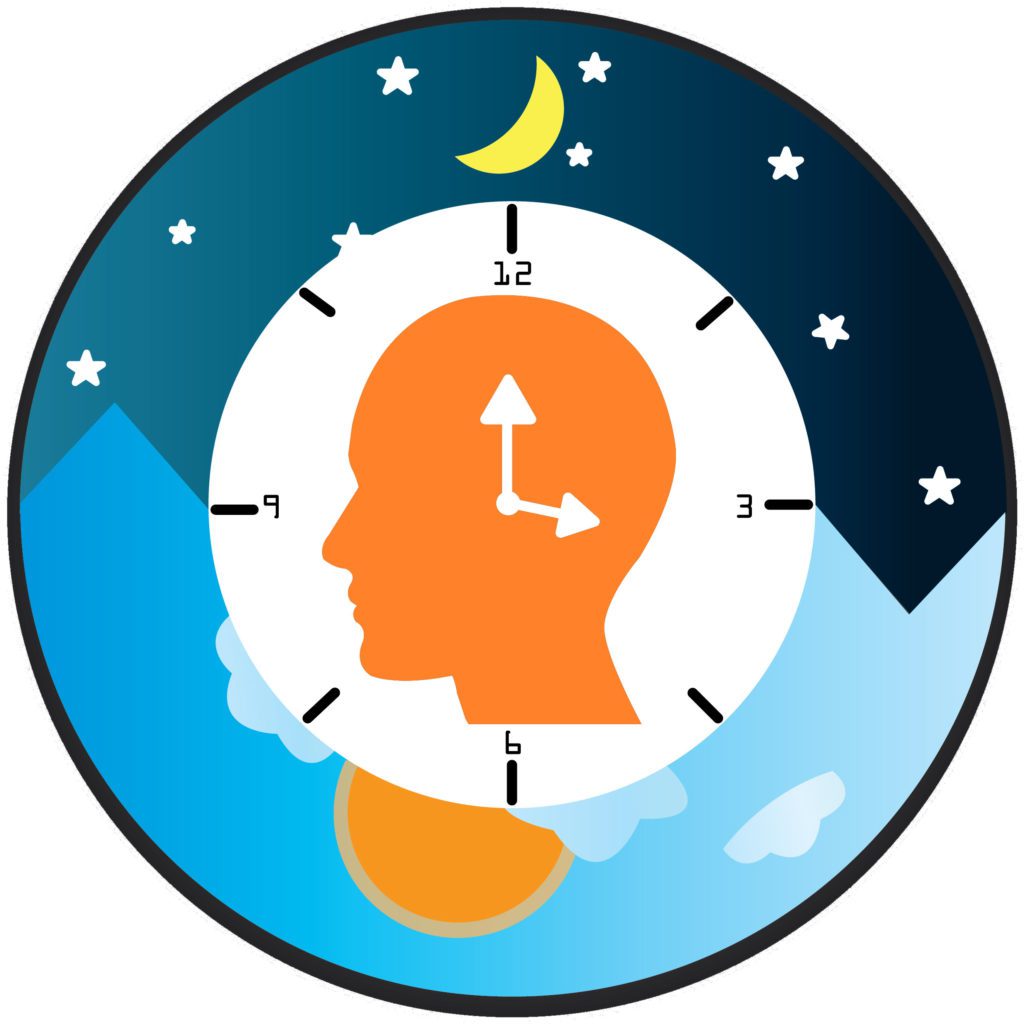Resetting your Circadian Rhythm: Step 1 to get a great nights sleep
Can you use this latest lockdown to improve your sleep? When it was announced on Saturday that we were heading into another national lockdown it occurred to me that maybe I could help some people use this lockdown to their advantage by helping them improve their sleep though resetting their circadian rhythm. If you struggle to sleep well at night, wake up tired or feel sleepy during the day your circadian rhythm may be out of whack.
Lockdown is the perfect time to do this because, for most of us, we are now at home full-time and have the opportunity to develop new habits without the pressures of early morning commuting, travelling to different time-zones or having late nights out.
Circadian rhythms are 24-hour cycles that are part of the body’s internal clock, running in the background to carry out essential functions and processes. One of the most important and well-known circadian rhythms is the sleep-wake cycle.
When properly aligned, a circadian rhythm can promote consistent and restorative sleep. But when this circadian rhythm is thrown off, it can create significant sleeping problems. Research is also revealing that circadian rhythms play an integral role in diverse aspects of physical and mental health.
When circadian rhythm is thrown off, it means that the body’s systems don’t function optimally.
A disturbed sleep-wake circadian rhythm can give rise to serious sleeping problems. Without the proper signalling from the body’s internal clock, you can struggle to fall asleep, wake up during the night, or be unable to sleep as long as you want in the morning. Your total amount of sleep can be reduced, and a disrupted circadian rhythm can also mean shallower, fragmented, and lower-quality sleep.
You can reset your sleep/wake circadian rhythm with a few weeks of consistently following all of my 4 strategies below.
The 4 steps to resetting your circadian rhythm

1. Set a Fixed Wake-Up Time:
It’s close to impossible for your body to get accustomed to a healthy sleep routine if you’re constantly waking up at different times. Pick a wake-up time and stick with it, even on weekends or other days when you would otherwise be tempted to sleep in.
2. Set a Fixed Bedtime:
If you want to make sure that you’re getting the recommended amount of sleep each night, then you need to build that time into your schedule. Considering your fixed wake-up time, work backwards and identify a target bedtime. Almost everyone needs between 7 and 9 hours sleep every night. So, for 8 hours sleep, if your wake up is 7am, go to bed at 10:30 pm. This gives you 30 minutes to drop off. Don’t worry if you take much longer to fall asleep to start with. By sticking with these 4 strategies every night, after a few weeks you will have reset your sleep/wake circadian rhythm and should be able to drop off much quicker.
3. Don’t Go To Bed Early:
If you struggle to fall asleep at night it’s tempting to go to bed earlier and earlier to – theoretically – give yourself more time to drop off. This is actually counterproductive, as you will find yourself lying awake stressing about not sleeping.
4. Be Careful With Naps:
To sleep better at night it’s important to limit daytime naps. If you nap for too long or too late in the day, it can throw off your sleep schedule and make it harder to get to sleep when you want to. The best time to nap is shortly after lunch in the early afternoon, and the best nap length is around 20 minutes. Set an alarm and nap in a chair or on the sofa. Save your bed just for your night-time sleep.
Please consult with your doctor if you have sleep issues that last more than a few weeks.
By consistently following these four rules for 2 to 3 weeks you will find it easy to drop off to sleep, stay asleep and wake energised every morning.
Call, whatsapp, Text or email me:
07305 918162
gaynor@positivehypno.com
